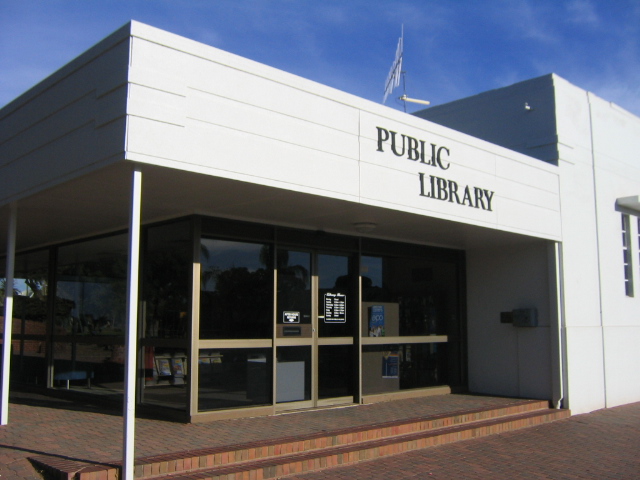
The Institute of Museum and Library Services (IMLS), working with ICMA and the Technology & Social Change Group of the University of Washington Information School, is seeking public input on its proposed framework for Building Digitally Inclusive Communities. The framework is intended to help community leaders convene discussions and solicit the information and stakeholder engagement required to make strategic decisions about providing public access to broadband.
Full participation in American society requires the ability to access and use digital content and technologies. Local governments, libraries, businesses, hospitals, schools, cultural institutions, and community technology centers face difficult decisions about how to create and sustain access to broadband technologies. As access to technology becomes increasingly more important, communities must develop plans that ensure that all sectors—including residents—have access to digital technologies, especially the Internet.
To help community leaders evaluate technology needs and investments, IMLS, in consultation with more than 100 organizations and individuals, developed a draft framework, Building Digitally Inclusive Communities, which is designed to help communities assess their current capabilities, work across institutional boundaries, and create plans using a common set of 11 principles. Building Digitally Inclusive Communities will also help businesses, anchor institutions (e.g., schools, hospitals, libraries), and public safety and cultural institutions work together to fully and effectively realize the value of a digitally inclusive community.
Building Digitally Inclusive Communities is available for public and stakeholder review. IMLS has developed a brief user survey through which respondents can share their opinions about the usefulness of the framework in supporting community planning around digital inclusion.
Participation in the survey will help IMLS ensure that its work will meet the needs of the stakeholders it is seeking to serve. The survey results, which will be summarized in a report on digital inclusion and published on the IMLS and ICMA websites, will be used to finalize the framework, build support for digital inclusion, foster relationships with communities and partners, and develop implementation and communication plans.
Access the survey by November 30, at http://imls-framework.surveyanalytics.com.
Visit http://www.imls.gov/about/digitally_inclusive_communities.aspx to learn more about Digitally Inclusive Communities.
About the Institute of Museum and Library Services
The Institute of Museum and Library Services is the primary source of federal support for the nation's 123,000 libraries and 17,500 museums. The Institute's mission is to create strong libraries and museums that connect people to information and ideas. The Institute works at the national level and in coordination with state and local organizations to sustain heritage, culture, and knowledge; enhance learning and innovation; and support professional development.
About TASCHA
The Technology & Social Change Group (TASCHA) at the University of Washington Information School explores the design, use, and effects of information and communication technologies in communities facing social and economic challenges. With experience in 50 countries, TASCHA brings together a multidisciplinary network of social scientists, engineers, and development practitioners to conduct research, advance knowledge, create public resources, and improve policy and program design.
New, Reduced Membership Dues
A new, reduced dues rate is available for CAOs/ACAOs, along with additional discounts for those in smaller communities, has been implemented. Learn more and be sure to join or renew today!
